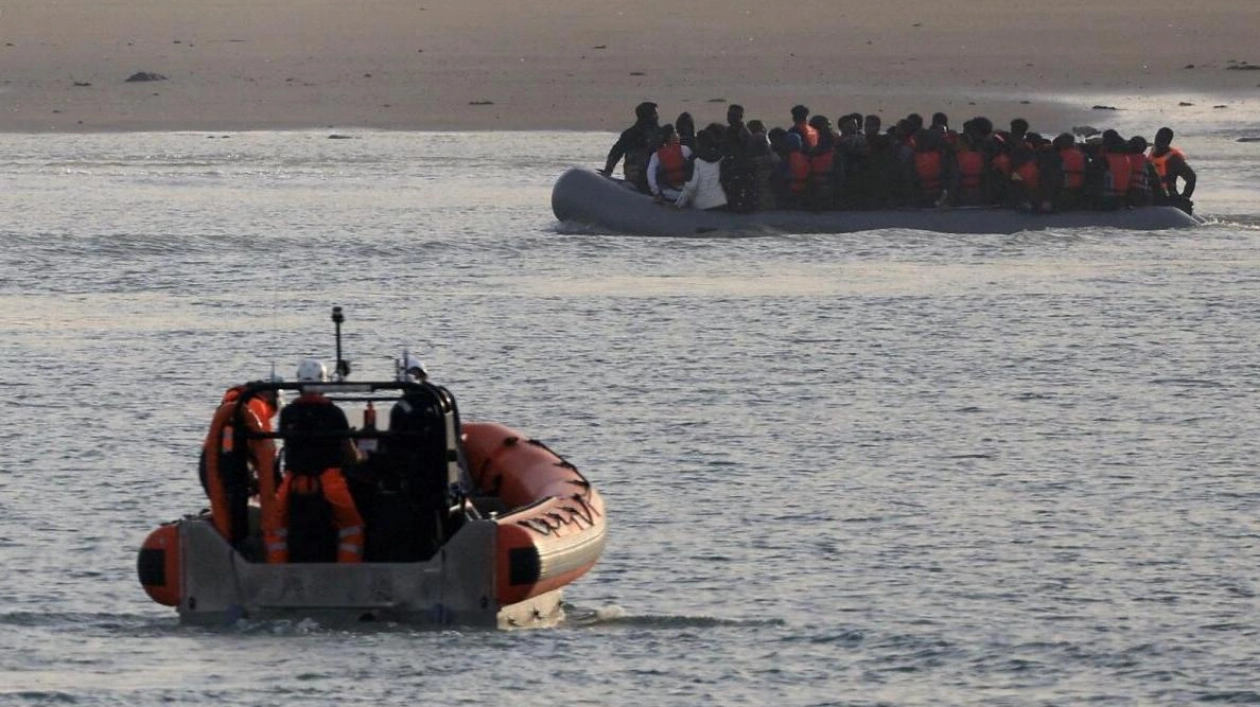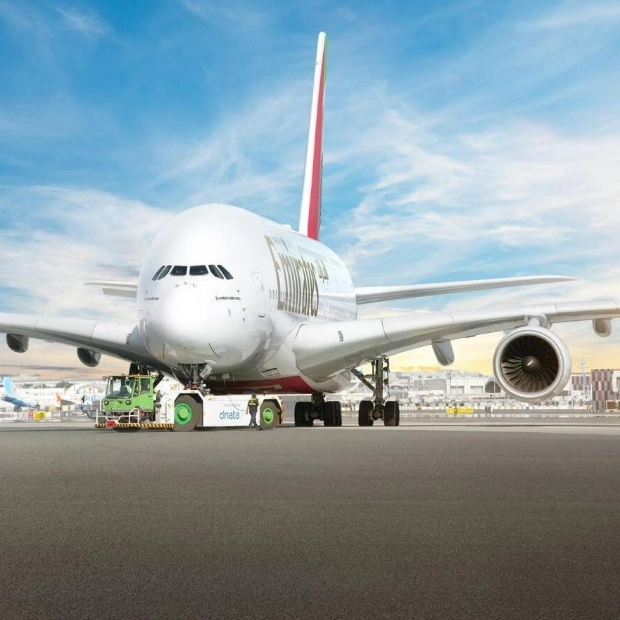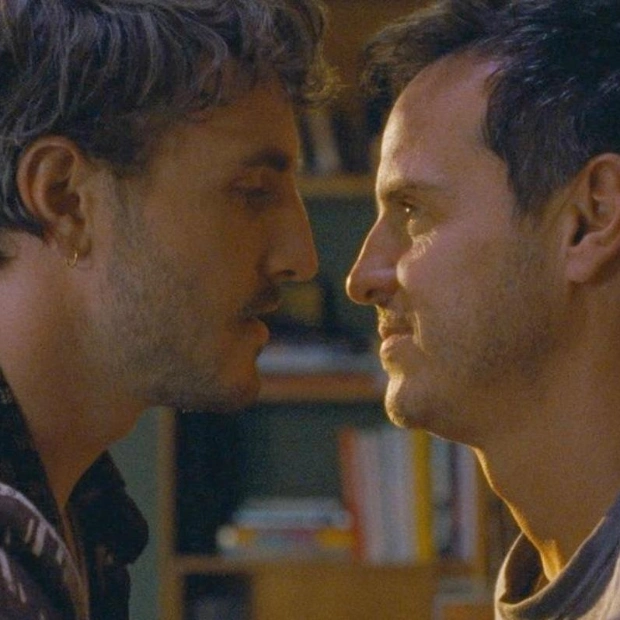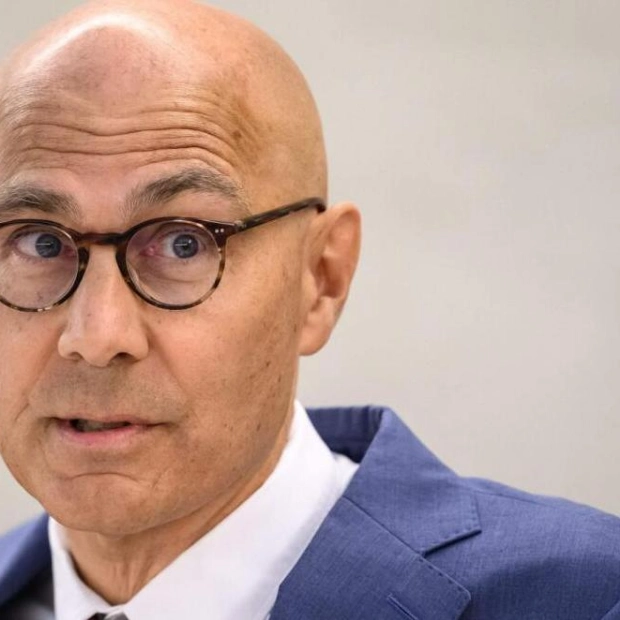Britain's new interior minister, Yvette Cooper, on Monday criticized the previous UK government's plan to deport irregular migrants to Rwanda, calling it the "most shocking waste of taxpayer money I have ever seen". Cooper, who became home secretary after Labour's significant victory over the Conservatives earlier this month, revealed that the UK had invested £700 million ($900 million) in the contentious program. However, she noted that only four individuals were actually sent to Rwanda before Labour terminated the relocation initiative—all of whom went voluntarily. Cooper further stated that the former prime minister, Rishi Sunak's Tory government, had intended to spend over £10 billion on the scheme in total, which included "£290 million payments to Rwanda, chartering flights that never took off, detaining hundreds of people and then releasing them, and paying for more than a 1,000 civil servants to work on the scheme".
In parliament, Cooper expressed her shock at the expenditure, stating, "A scheme to send four people, it is the most shocking waste of taxpayers' money I have ever seen". Conservative home affairs spokesman, James Cleverly, who supported the plan during his tenure as home secretary, accused Cooper of using "made up numbers" and criticized Labour's "discourtesy" towards the Rwandan government. Sunak had argued that the scheme would prevent tens of thousands of migrants from risking their lives annually by crossing the Channel in small boats from France to Britain's south coast. This strategy, known as "Stop the boats", was central to his unsuccessful campaign in the July 4 election. New Prime Minister Keir Starmer declared the scheme "dead and buried" on his first full day in office. Rwanda subsequently stated that it was not obliged to return any of the £240 million Britain had paid it.
Labour has now pledged to combat the people smuggling gangs facilitating these crossings with a new border security command equipped with enhanced "counter-terror powers". Cooper also promised to expedite the removal of failed asylum seekers to alleviate the backlog in cases that has increased accommodation costs. This year, nearly 16,000 migrants have been detected in small boats, including about 1,500 in the past week—a record for 2024. Rwanda, a country of 13 million people in Africa's Great Lakes region, claims to be one of the most stable nations on the continent and has received accolades for its modern infrastructure. However, rights groups accuse President Paul Kagame—re-elected last week with 99.18% of the vote—of governing in an atmosphere of fear, suppressing dissent and free speech. The deportation scheme faced numerous legal challenges, and in November last year, the UK Supreme Court ruled that the deportation program was illegal under international law as Rwanda could not be considered safe for asylum seekers.






